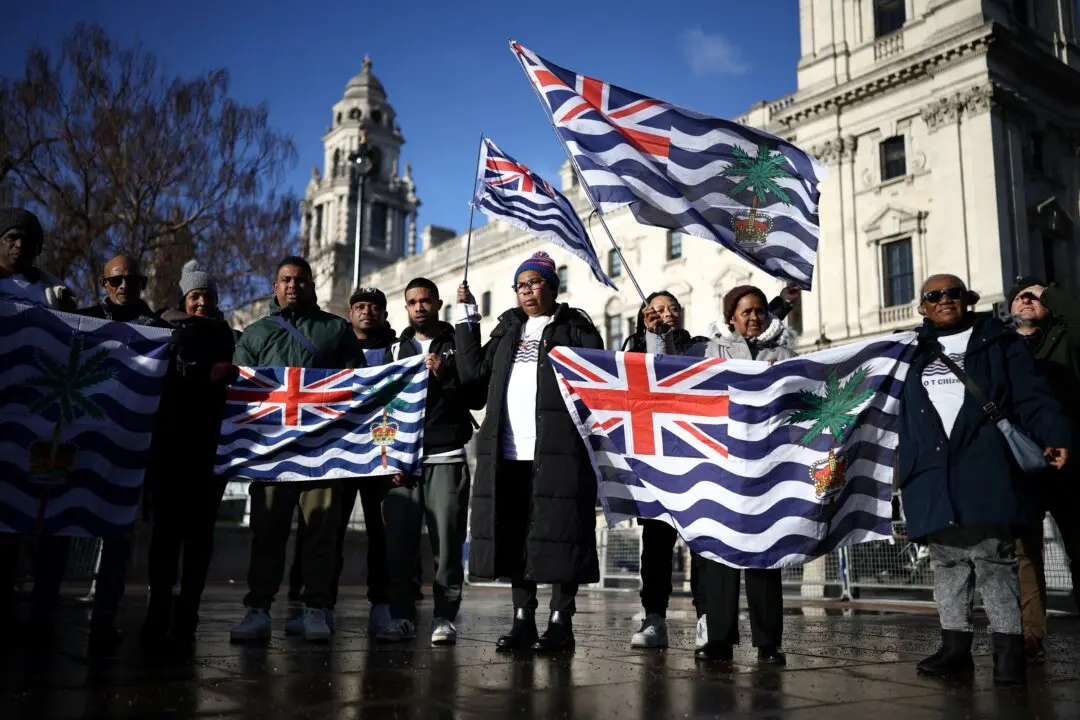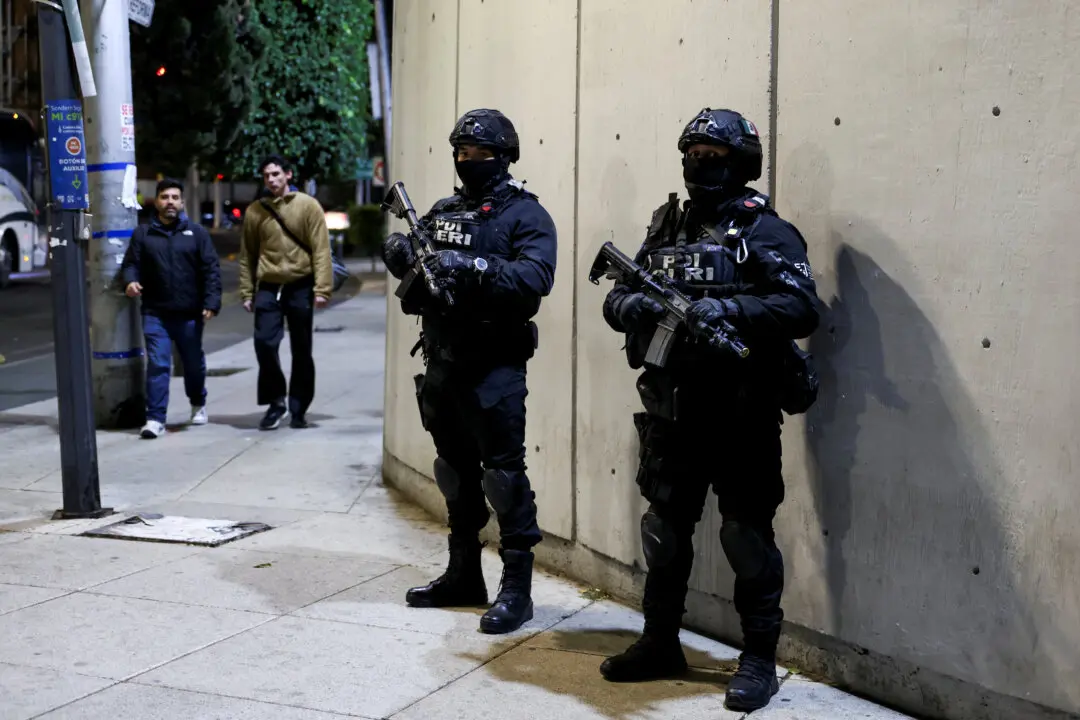News Analysis
After President Joe Biden’s historic Oct. 21 statement affirming the American commitment to defend Taiwan against a Chinese military attack, White House spokesperson Jen Psaki noted: “The president was not announcing any change in our policy, nor has he made a decision to change our policy. There is no change in our policy.”





